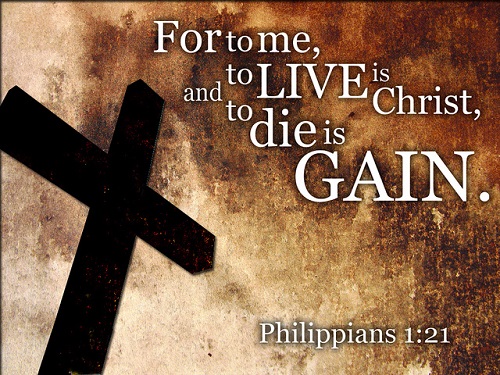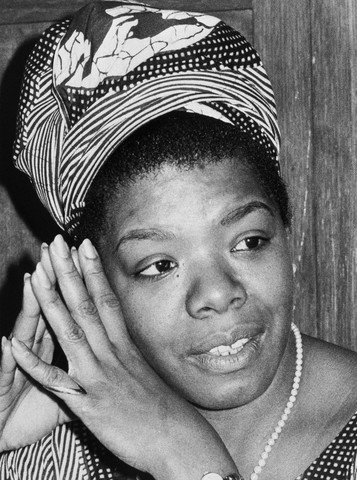Death does not invalidate sins; rather, it sends us swiftly to our judgement day. ― Joan Ambu
By all means death is such a painful word, without adding the sadness and void the living have to face. After going through the pain of death myself and accepting the fact that death does not discriminate and can knock on anyone’s door at any given time, I changed my ways and my view of life.
Some people think that death will invalidate their sins since the Lord Jesus Christ gave himself for our sins, that He might deliver us from this present evil world, according to the will of God and our Father (Galatians 1:4 – KJV). Some people continue to sin believing that they can get away with it because our Lord Jesus Christ paid the ultimate price for us. That’s far from the truth since we will all be judged by what we did and what we didn’t do. As Christians, true Christians, when it comes to the Word of God, we should believe it in its entirety and not choose what to believe. We can either accept the Word or reject it, but we should not choose.

Had death been the end of sin, many who didn’t live a righteous life, would care less about their judgement day, would not be worried, panicking, attempting to right wrongs, and requesting a religious leader (Priest, Pastor, Imam, Cohen, Pujari, Bhikkhu, etc…) for confession and absolution when close to death. I don’t know why some people wait until the end to recognize and call upon the name of the Lord; however, it’s better late than never. This being said, I acknowledge the importance of confession and absolution, especially as it pertains to the young, the old, the sick, as well as for those who for some reason can’t express themselves.
I want to believe that confessing our sins and receiving absolution can wipe away our sins, if we are truly remorseful of our bad deeds and intend to change our ways. What I know for sure, is that God alone can forgive our sins as He looks at our hearts and sees our intentions (Jeremiah 17:10 – ESVUK). Yet, the question remains: does absolution by a religious leader truly forgive all sins (venial and/or mortal)? The living can only hope so, but it’s for the dead to find out. One thing the Bible is clear about is that a person who doesn’t forgive others will not be forgiven by God. And not being forgiving by God means that your sins will be held against you.
As long as we are alive, there is hope for all.
“But I do not want you to be ignorant, brethren, concerning those who have fallen asleep, lest you sorrow as others who have no hope. For if we believe that Jesus died and rose again, even so God will bring with Him those who sleep in Jesus.” – 1 Thessalonians 4:13-14
We are all sinners in need of God’s grace.
A Christian, as defined by Compassion.com, is someone whose behavior and heart reflects Jesus Christ. A non-Christian on the other hand can be defined as a person without beliefs (or a person who hasn’t heard about Jesus Christ). The similarity between the two is that both are sinners. The difference is that a true Christian (believer) will turn to God for help whenever they sin, and try to do better. A non-Christian just does what he or she wants. There are three types of non-Christians:
- The righteous non-Christians. Although these individuals don’t know the Gospel, they act in accordance with moral laws (Romans 2:14 – KJV). A great example of this can be found in the Parable of the Good Samaritan.
- The non-believers. People with no religious faith or who don’t believe in anything.
- The unbelievers. These individuals tend to be ignorant due to lack of understanding of the Christian message. Rather than accepting the Bible/Word of God as truth, they choose what works for them. These are the people who refuse to accept truth even when they see proof.
Just as every single one of us fall short of the glory of God (Romans 3:23 – NKJV), there is hope for everyone because God’s message of salvation extends to everyone (Romans 10:12 – ESV), and God alone can save us, Christians and non-Christians alike (Ephesians 2:8-9 – ESV). As long as we seek to know God, we can all be saved.
It is important to remember God in good and bad times. God is good all the time, even when we are not. Sometimes we do the most despicable things, yet, God still loves and forgives us. Whenever God shows us mercy, we should be grateful and thankful. We must refrain from doing and saying bad things, and turn from our wicked ways. It is the fate of every living thing to eventually die. For believers death means life (Philippians 1:21 – NKJV). True believers as well as those who live a righteous life are not afraid to transcend when the time comes. Everyday we are alive, it is not because we deserve it. It’s simply by the grace of God and His abundant mercy that we are saved.
“But God, who is rich in mercy, out of the great love with which he loved us, even when we were dead through our trespasses, made us alive together with Christ — by grace you have been saved.” – Ephesians 2:4-5

Although we are conceived in sin (Psalm 51:4-6 – ESV), those who were too young to profess their faith as well as those who died in infancy for instance, might be those whose sins get wiped away. Also, God will surely have mercy on those with mental illnesses. Perhaps God may also have mercy on those who never heard of the Gospel, yet lived by the golden rule. More precisely, to love your neighbor as yourself (Mark 12:31 – NIV).
Romans 2:6 tells us that God “will repay each person according to what they have done.”























